Префектура Europa Universalis
Лучшие авторы в этой теме
-
Нимор 59 сообщений
-
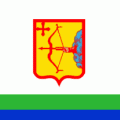
alexis 57 сообщений
-

Deceased WhiteBear 45 сообщений
-
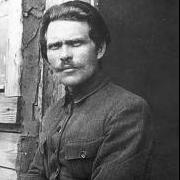
GoooGooo 39 сообщений
-
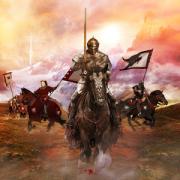
Freezze 36 сообщений
-
Мостовик 35 сообщений
-

Light Grey 34 сообщений
-
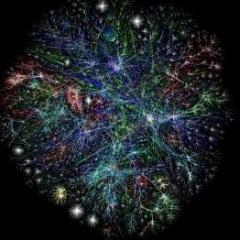
Slavkin 31 сообщений
-
Эльфин 28 сообщений
-
bringer 24 сообщений
-
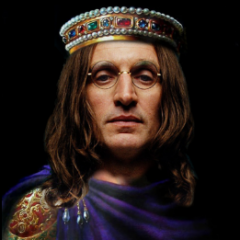
JLRomik 23 сообщений
-
prinigo 20 сообщений
-
Дон Антон 19 сообщений
-

Август II 19 сообщений
-

CityLove 19 сообщений
-

MaslovRG 19 сообщений
-

Jeffery 19 сообщений
-

Isaac New 18 сообщений
-
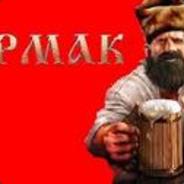
Ермак 16 сообщений
-
Flashblacker4 15 сообщений
-

Толстый 13 сообщений
-

Tempest 13 сообщений
-

SShredy 12 сообщений
-
Bernadotte 10 сообщений
Популярные дни
Популярные сообщения
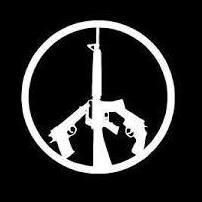
AndrG
Поздравляю всех с наступающим Новым Годом! Желаю счастья, здоровья, захватывающих партий, общения только с приятными людьми. Пусть кубик всегда падает на 9, а все кометы будут австрийскими!

antiximik

GoooGooo
i Добрый день дорогие посетители раздела, решительные маляры, утонченные ролеплейщики, горячие мпшники. Во время моего прошлого префекства был начат и хорошо продвин

yukine
Как мне кажется, стоит обновить тему про торговые компании. Находится она почему-то не в базе знаний, а в стратегии и тактике, но не суть. Ещё можно добавить информацию об инвестициях в торгову

yukine
Я попробовал. Теперь вообще любая страна может создать торговую компанию, если провинции находятся в другом суперрегионе. Число торговых регионов для этого значительно увеличилось до 63-х.

GoooGooo
Краткое изложение Механика торговли в игре может быть изложена как сумма следующего: Торговые узлы (Trade nodes) по всему миру объединяются в глобальную торговую сеть. Каждый узел собирает

JLRomik
Это ко мне что ли претензия? Я должен искусственно активность в теме вопросов создать? Игре 8,5 лет. Очень мало людей осталось, у которых есть вопросы. Новых игроков мало из-за очень высокого порога в

JLRomik
О том, что у него закрыт доступ в раздел общения пользователей (самый нижний на главной странице). Своё негодование по поводу отсутствия объявления он прекрасно мог высказать в любой другой префектуре
-
Сейчас на странице 0 пользователей
- Нет пользователей, просматривающих эту страницу
Рекомендованные сообщения
Присоединиться к обсуждению
Вы можете оставить комментарий уже сейчас, а зарегистрироваться позже! Если у вас уже есть аккаунт, войдите, чтобы оставить сообщение через него.